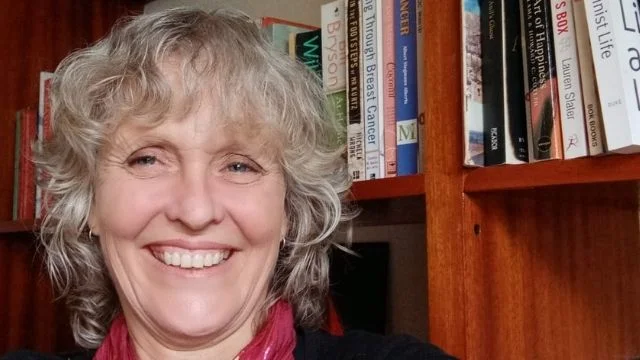- Home
- bet36体育投注_bet36体育在线—激情赢盈中√ and Bursaries
- CSSR Projects
- Projects
- The Masizixhobise Toolkit
- Abortion Seeking Behaviours and Preferences in the Rural Eastern Cape
- Pregnancy Supportability Research Instruments
- Young Women and Empowerment
- Late Termination Of Pregnancy
- Alcohol use during pregnancy in the Eastern Cape
- Traditional Male Circumcision
- Long-Acting Reversible Contraceptives
- Abortion Counselling Certificate Course
- Areas of Study
- LGBT identity and power relations
- Reproductive decision-making
- Participating in Public Protests against sexual violence
- Intimate partner violence during pregnancy
- Pre-termination of pregnancy counselling
- Public discourse on abortion
- Reproductive health service nexus and pregnant and parenting teenagers
- Youth Sexualities Programmes and Gendered Norms
- Projects
- Books and Publications
- People
- Contact Us
- Blog
- Events
- Quick links
Report Page
Please let us know if there are any broken links or outdated content on this page
Click here to report






![Attendees gather to hear about the connection between masculinities and violence
[PIC: Ephreeda Banda]](/media/rhodesuniversity/content/rhodesnews/newsimage/Masculinities_Web.webp)


